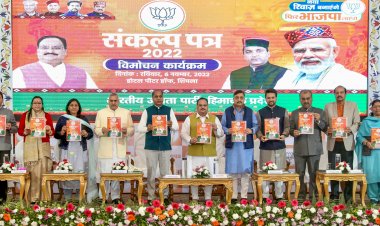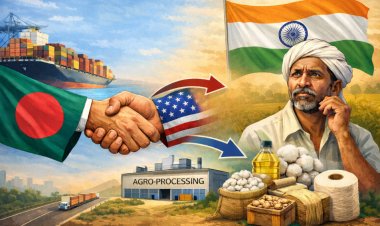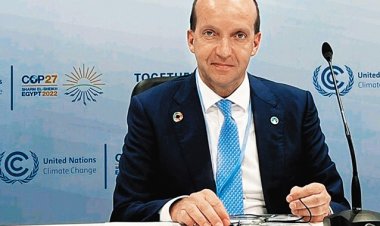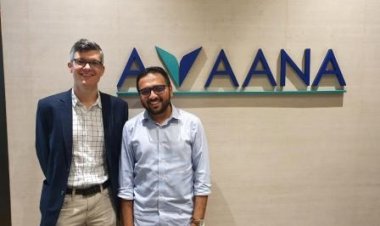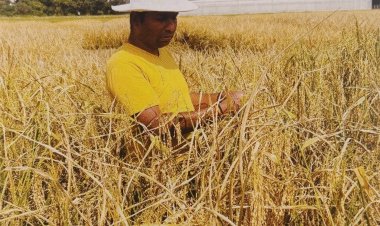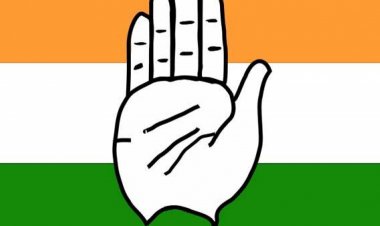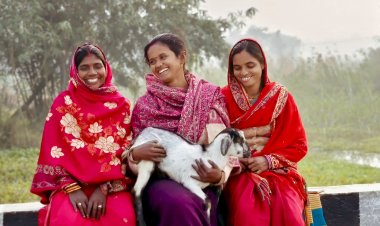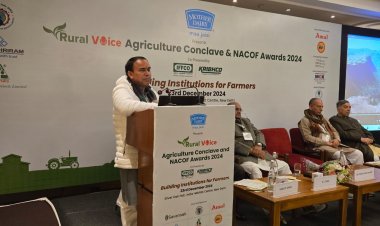Public issues missing from election campaign; attempt to woo voters merely on previous govt’s demerits or on religion
It seems the ruling parties do not feel confident about what they have done for the last five years. Irrespective of which party is in power in the states, the ruling parties in the elections are either busy counting the demerits of the previous government or making every possible attempt to polarise the voters on the basis of religion.
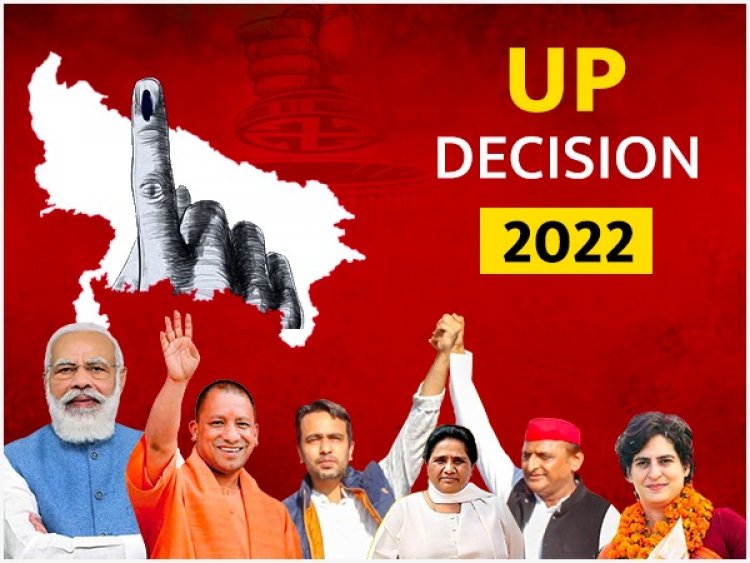
It seems the ruling parties do not feel confident about what they have done for the last five years. Irrespective of which party is in power in the states, the ruling parties in the elections are either busy counting the demerits of the previous government or making every possible attempt to polarise the voters on the basis of religion. Caste, too, is high on the agenda. The closer the election date approaches, the less one sees public issues in the campaigns of the parties. Little can be heard about issues like unemployment, inflation, law and order and social welfare in the election campaign. No ruling party says, “We have done this and this for development, so vote for us.”
Consider Home Minister Amit Shah’s ongoing election campaign in Uttar Pradesh (UP). On Saturday, he again raised the topic of the Muzaffarnagar riots in 2013. He even said without any hesitation that if people voted the wrong party to power, there would be riots again. The same day at Muradnagar in Ghaziabad, UP Chief Minister Yogi Adityanath also raised the issue of the Muzaffarnagar riots. Rather, in order to woo the voters, he harked back to the distant past and said, “Those who wear caps dyed with bullets raining on the Ram bhaktas (devotees) are preaching peace and harmony today.” Criticizing the opposition parties, he said, “One is a chacha-bhatija (uncle and nephew) party, another is one of bhai-behen (brother and sister) and a third is of bua-bhatija (aunt and nephew). There is no room for anyone else in their parties.” But Yogi did not mention in his entire speech what work he had done for the development of Muradnagar or Ghaziabad.
Unemployment is a major issue in the state. In the Multidimensional Poverty Index released by the Niti Aayog recently, UP found its place among the poorest states. But the ruling parties are not talking about any road map to tackle such issues. Not that leaders from the Samajwadi Party (SP), the biggest challenger to the BJP in the state, are talking about any such road map either.
In Uttarakhand, too, there are issues concerning the common people — a lack of jobs that forces the youths to migrate from the state, shortage of higher education institutions, water, road connectivity to villages, etc. But neither the ruling BJP nor the main opposition Congress is talking of the strategy they would adopt to tackle these challenges. BJP speaks less of what it has achieved in the past five years but more of the demerits of the previous governments.
Similar is the case with Goa and Manipur. The Armed Forces Special Powers Act (AFSPA) is a major issue for the locals. But the ruling BJP and the opposition Congress are both shying away from openly stating their position on it. National People’s Party (NPP), part of the ruling alliance, has of course said that it will demand to repeal the law.
Not that public issues are missing from the election campaign only in BJP-ruled states. The situation is more or less the same in Punjab, too. After the Aam Aadmi Party (AAP) announced freebies, the ruling Congress is following suit. The party is not telling where the money will come from to fund these announcements. Whether it is Chief Minister Charanjit Singh Channi or state Congress president Navjot Singh Sidhu, they are either announcing freebies or pointing out the demerits of the previous Akali-BJP government. There is little mention in the speeches of their leaders as to what the Congress government has done for the development of the state in five years. Rather, the party is spending more of its time in deciding who will stake his claim to the chief minister’s post.
According to the Centre for Monitoring Indian Economy (CMIE), the unemployment rate in the country has been hovering around 8 per cent constantly. Unemployment should have been the most important issue in an election in this situation. Be it poverty, press freedom or any other issue, we are constantly falling on the global index. But they are not mentioned in elections at all. Nobody talks about how to improve health facilities so that we can face any other Covid-like pandemic in the future. Nobody speaks about how to revive the crores of micro and small industrial units that had to shut shop during the pandemic. Neither does anybody say what the government of their party will do to ensure that labourers do not have to migrate in the future.



 Join the RuralVoice whatsapp group
Join the RuralVoice whatsapp group

















